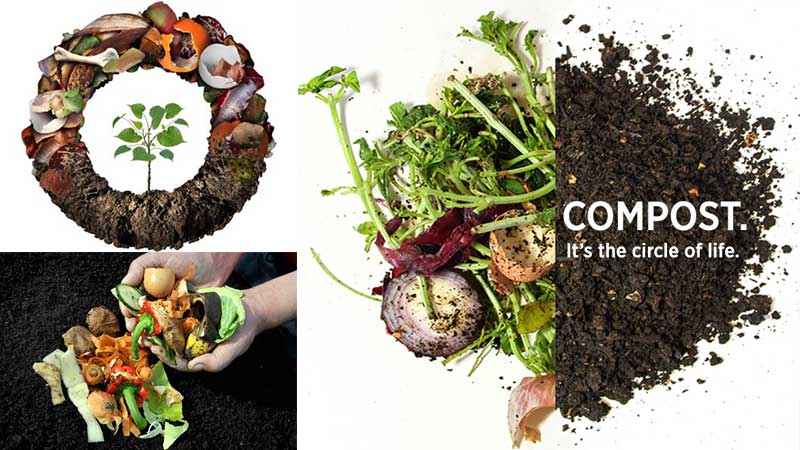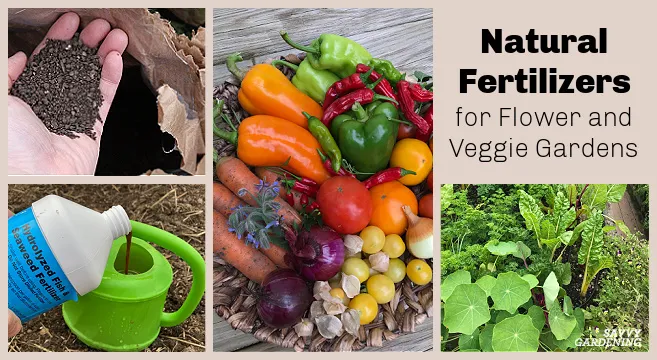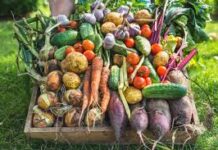Farmers are increasingly turning to natural fertilizers in the production of organic fruits and vegetables for several reasons:

Environmental Sustainability:
such as compost, manure, and plant-based materials, are derived from organic sources and are inherently sustainable. They promote soil health, enhance soil structure, and increase soil fertility without depleting natural resources or causing environmental harm.
Soil Health:
Improve soil health by adding organic matter, essential nutrients, and beneficial microorganisms to the soil. They help maintain soil structure, increase water retention, and enhance nutrient cycling, leading to healthier and more productive soils over time.
Nutrient-Rich Produce:
Provide a balanced supply of nutrients to plants, including nitrogen, phosphorus, potassium, and micronutrients. These nutrients are released slowly and gradually, ensuring that plants have access to a steady source of nutrition throughout the growing season. As a result, organic fruits and vegetables are often richer in vitamins, minerals, and antioxidants compared to conventionally grown produce.
Reduced Environmental Impact:
Minimize the risk of groundwater contamination, soil erosion, and nutrient runoff compared to synthetic fertilizers. They are less likely to leach into waterways or contribute to nutrient pollution, which can harm aquatic ecosystems and human health. By using natural fertilizers, farmers can reduce their environmental footprint and promote sustainable agriculture.
Compliance with Organic Standards:
Organic farming standards prohibit the use of synthetic fertilizers, genetically modified organisms (GMOs), and chemical pesticides. Farmers who wish to obtain organic certification must use natural fertilizers and adhere to strict guidelines for soil management, crop rotation, and pest control. By using natural fertilizers, farmers can ensure compliance with organic regulations and meet consumer demand for certified organic products.
Cost-Effectiveness:
While may have higher upfront costs compared to synthetic fertilizers, they offer long-term benefits in terms of soil health, crop productivity, and environmental sustainability. Natural fertilizers can also be produced on-farm or sourced locally, reducing transportation costs and reliance on external inputs.
Consumer Demand:
There is a growing demand for organic fruits and vegetables among consumers who prioritize health, sustainability, and environmental stewardship. Products labeled as “organic” or “certified organic” are perceived as safer, healthier, and more environmentally friendly, driving market demand for organic produce grown .
Overall, the use of natural fertilizers in organic fruit and vegetable production reflects a commitment to sustainable agriculture, soil health, and environmental stewardship. By harnessing the power of natural processes and materials, farmers can cultivate nutritious, flavorful, and environmentally friendly crops that meet the needs of today’s conscientious consumers.






